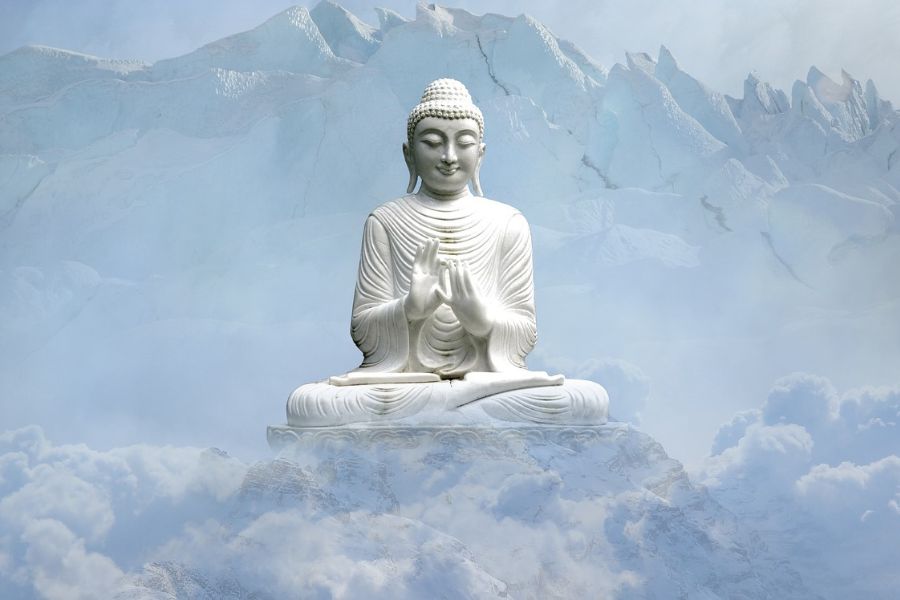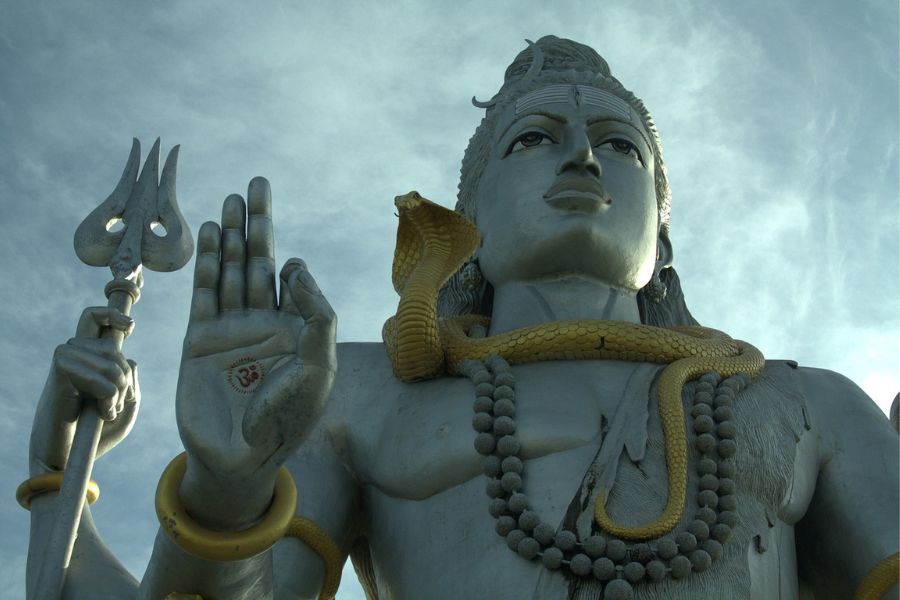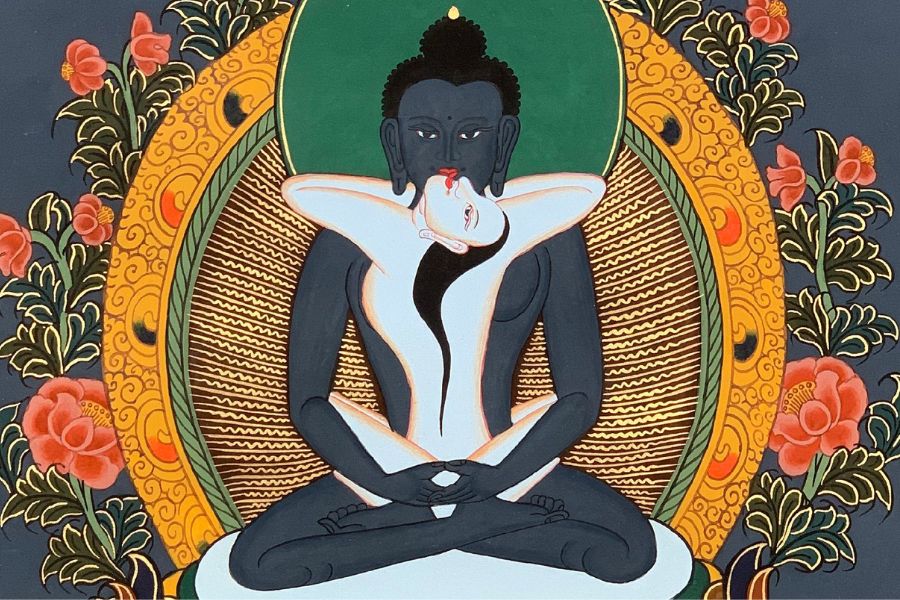Self-knowledge is one of the fundamental pillars for any personal transformation. However, to truly understand ourselves, it’s not enough to look at our lives subjectively.
According to Samael Aun Weor, the process of self-discovery demands an objective and direct approach to our Being.
Conventional psychology tends to classify the “subjective” as clear, real, and positive, while the “objective” is often seen as secondary and distant from reality. However, Samael Aun Weor proposes an inversion of this perspective. For him, the subjective realm is incoherent, vague, imprecise, and ultimately material, while what is truly real, clear, and spiritual lies within the “objective” realm. This distinction is crucial for us to comprehend our Being in a profound and transformative way.
Samael Aun Weor explains that our Being is not limited to a single plane of existence. In his view, it is conditioned by different worlds, represented by a series of laws: the World of 12 Laws, the World of 24 Laws (the Solar System), the World of 48 Laws (the Physical World), and, in its densest form, the World of 96 Laws. To truly understand our Being, it is necessary to transcend the boundaries of these dimensions and explore all of them — not indirectly, but in a direct and central manner.
Self-knowledge is not a simple task; it requires conscious and directed efforts. Unlike superficial or imitative approaches, working on oneself must be done objectively and deeply, with a clear focus on the center of our essence. It is not about imitating others, as followers of spiritual leaders often do. True transformation demands a radical change that is only possible through direct, central effort, where every action is aimed at building a new individual self.
The great mistake, as Aun Weor observes, lies in imitating the examples of spiritual figures like Krishnamurti. While he said he didn’t want followers but imitators of his example, Aun Weor believes this is a form of deviation because by imitating someone else, the individual loses the centrality of their own inner work. Instead of creating a true, transformative effort, they end up repeating something from the outside in, which does not bring about genuine change.
When we embark on this journey of self-knowledge in an objective and direct manner, we inevitably face one of the greatest obstacles in the process: the attack of our Inferior Emotional Center. This center, marked by negative emotions, impulsive reactions, and destructive patterns, emerges with intensity, trying to sabotage our quest for transformation.
When confronted with situations that awaken our lower emotional side, it’s natural to feel pain and suffering. People appear on our path, hurting us with words and actions, and the immediate reaction is to defend ourselves or retaliate. However, such reactions only strengthen the negative emotions and take us further away from our goal of self-knowledge. The real challenge is not to give in to this reaction and to allow the inferior emotional center to weaken.
True change only occurs when we can navigate these emotional battles consciously and objectively. It is through confronting our lower emotions that our “Individual Being” emerges, a purer and stronger version of our essence. This process of fighting against inferior emotions, using central and direct efforts, not only strengthens our individuality but also promotes the integration of our Being’s various faculties.
The centers of our Being, once disorganized and in constant conflict, begin to align. The mind, emotions, and will start to work in harmony, making true inner transformation possible. Through this integration, a person reaches a state of unity and balance that would not be achievable if they remained a slave to external influences or fleeting emotions.
Self-knowledge is not an easy process, but it is essential for true transformation. Samael Aun Weor’s proposal to know the Being objectively is a call for all those seeking deep change in their lives. Only by working directly on ourselves, confronting our fears, emotions, and limitations, can we achieve the integration of the Being and attain a powerful individuality capable of transcending internal conflicts and achieving true peace.




















